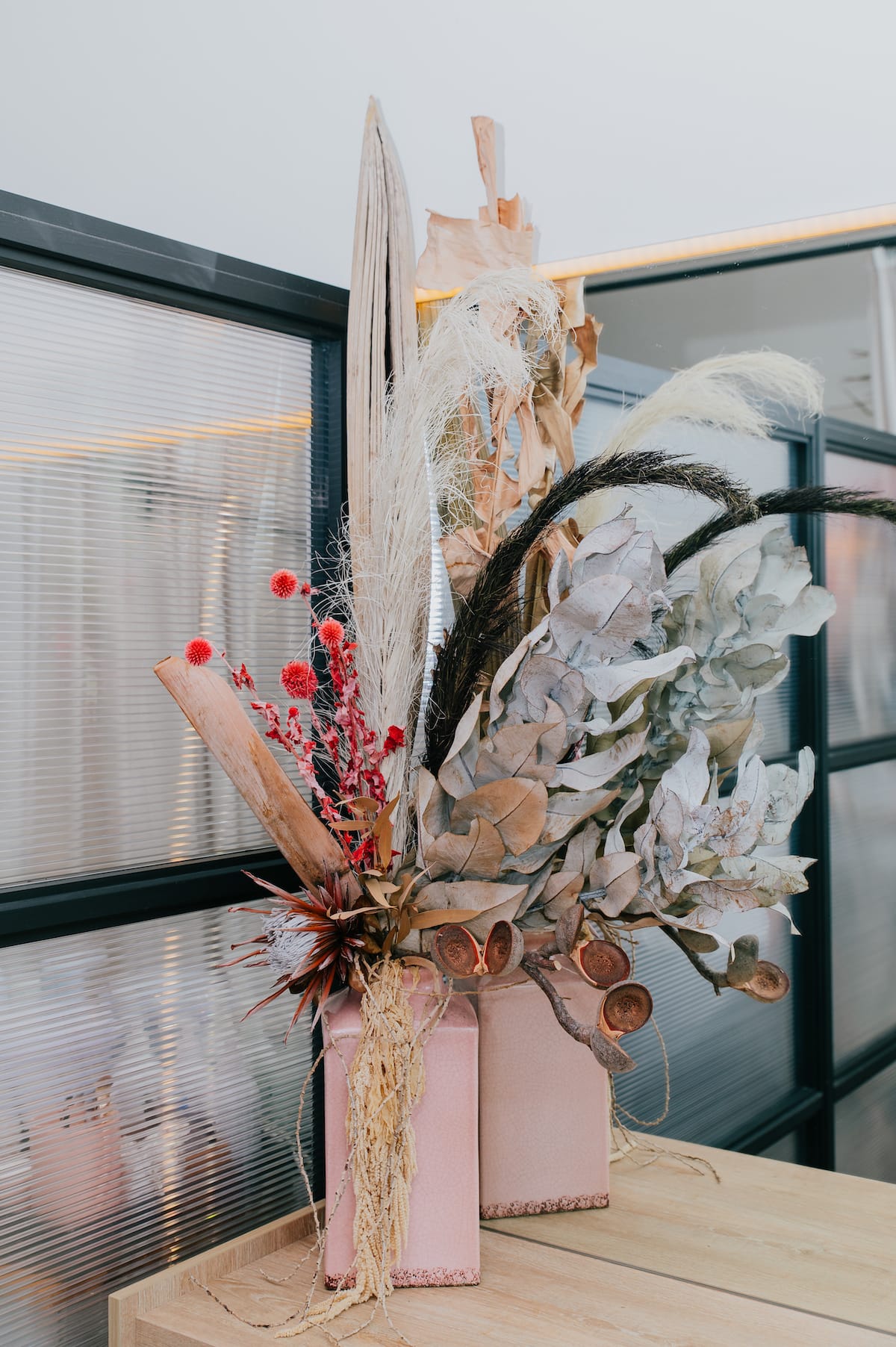

According to Phillips, however, it took Page approximately a year to record his guitar parts.

The recording process lasted from late 1991 to early 1992. Additional recording was also done at Abbey Road Studios in London, and Highbrow Productions, Coverdale's home studio in Nevada. Coverdale and Page also employed several local session musicians while in Miami. From there, recording was moved to Criteria Studios in Miami, Florida, where the vocals and overdubs were done. Recording for Coverdale–Page began at Little Mountain Sound Studios in Vancouver, where all the rhythm tracks were recorded. Coverdale and Page made their first public appearance together in May 1991, when they joined Poison onstage in Reno for a rendition of Led Zeppelin's " Rock and Roll" (1971). The two were later joined by drummer Denny Carmassi and bassist Ricky Phillips to flesh out the songs these rehearsals lasted for several months. From there, Coverdale and Page continued writing, eventually relocating to Barbados at Page's suggestion. Within the first day they had written "Absolution Blues" together. The two then met up for a writing session at Lake Tahoe, Coverdale's residence. Coverdale and Page agreed to take the project slowly, first making sure they could actually write songs together. The two got along well with one another and while on a walk in Manhattan, they apparently stopped traffic with onlookers asking if a collaboration was in the works. Ĭoverdale and Page met at the Ritz-Carlton Hotel in New York at the end of March 1991. Still, both parties were interested, thus a meeting was scheduled.

While the two had met many times in passing, they did not know each other well. The idea was submitted to Coverdale and Page in January 1991. As both he and Coverdale were signed to Geffen Records, A&R executive John Kalodner suggested them working together. Wanting to work on new music, Page then began looking for a new collaborator. Though initially interested, Plant decided to back out, feeling that a reunion might "put his solo career at risk". Led Zeppelin guitarist Jimmy Page, meanwhile, had been working on the Led Zeppelin Remasters, which led to discussion with singer Robert Plant and bassist John Paul Jones about a potential reunion. A reissue is tentatively scheduled for 2023, while Coverdale and Page have also discussed a potential reunion.Īfter completing the Liquor & Poker World Tour in September 1990, vocalist David Coverdale decided to put his band Whitesnake on indefinite hold, wanting to take a break from the music industry. Following a short Japanese tour in December 1993, Coverdale and Page parted ways. It was certified platinum in the US and Canada, respectively. The album charted in 12 countries, including reaching number four in the UK and number five in the US. However, others viewed the collaboration as a second-rate Led Zeppelin, with many drawing unfavourable comparisons between Coverdale and Robert Plant. After meeting each other, they began writing songs, which were then recorded over the course of 19.Ĭritical reception towards Coverdale–Page was generally mixed some music critics praised Coverdale and Page's partnership as a successful blend of both their respective bands. Following the disbandment of Coverdale's band Whitesnake and a failed reunion attempt by Page's band Led Zeppelin, John Kalodner proposed the idea of the musicians working together. The album's production was handled by Coverdale, Page and Mike Fraser. It was released on 15 March 1993 by EMI in Europe, 16 March by Geffen Records in North America and 18 March by Sony Music Entertainment in Japan.


 0 kommentar(er)
0 kommentar(er)
